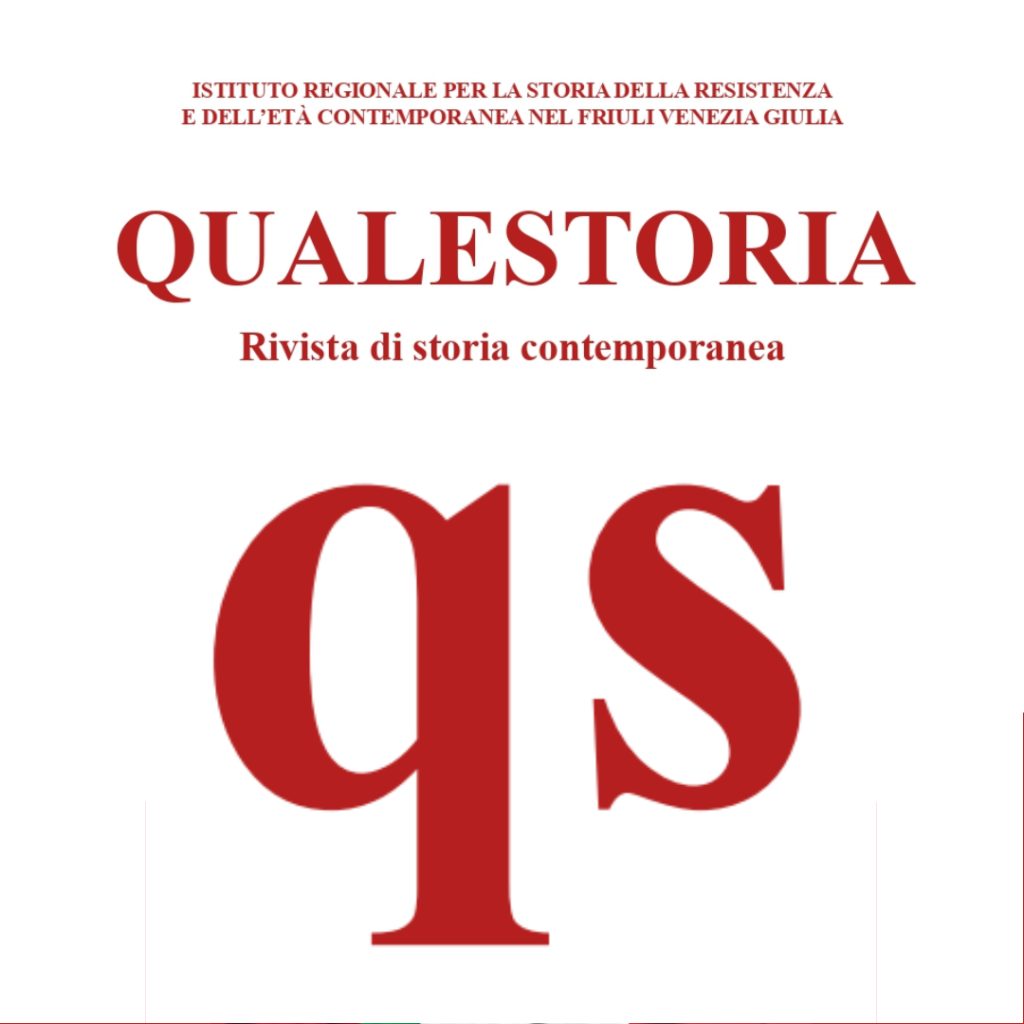Theoretical and Methodological Problems of Analyzing Political Justice after WWII in Hungary
Theoretical and Methodological Problems of Analyzing Political Justice after WWII in Hungary Seminar by Ildiko Barna and Andrea Petö 09.04.2013 – 17:00 Ludwig Boltzmann Institute for European History and Public Spheres, Nussdorfer Strasse 64, 4th floor, 1090 Wien The statement that Hungary has not gone through the process of facing with the consequences of WWII is one of the often used statements today trying to explain the emerging popularity of far right forces in Hungary. This talk analyses one of these processes: the post WWII transitional justice process in Hungary. The talk is based on a research project funded by Rothschild (Europe) Foundation. In the course of our research we selected 500 of 22,000 files created by the People’s Court of Budapest using representative probability sampling. The quantitative approach used in this research project is a novel one, because thus innovative methodology permits both to draw conclusions regarding the Budapest People’s Tribunal as a whole, to widen the scope of such a research examining not only the perpetrators but other participants and to analyse not only one-dimensional but multidimensional relationships. Ildiko Barna has a Ph.D. in Sociology from the Eötvös Loránd University Faculty of Social Sciences, Budapest, where she now serves as an assistant professor. Her courses include Advanced SPSS courses, Multivariate techniques in social research, Jewry in Hungary. Her publications include Political Justice in Budapest after WWII (Politikai igazságszolgáltatás a II. világháború utáni Budapesten. Gondolat, Budapest, 2012, with Andrea Pető), Survival Kit to SPSS. Multivariate Techniques for Social Researchers (Túlélőkészlet az SPSS-hez. Többváltozós elemzési technikákról társadalom¬kutatók számára. Typotex, Budapest, 2002, with Mária Székelyi), awarded the Karl Polányi Prize of the Hungarian Sociological Society for the best publication of 2002. Andrea Petö is an Associate Professor at the Department of Gender Studies at Central European University Budapest. She edited twelve volumes in English, six volumes in Hungarian, two in Russian. Her books include: Women in Hungarian Politics 1945-1951 (Columbia University Press/East European Monographs New York, 2003), Geschlecht, Politik und Stalinismus in Ungarn. Eine Biographie von Júlia Rajk. Studien zur Geschichte Ungarns, Bd. 12. (Gabriele Schäfer Verlag, 2007). She was awarded by President of the Hungarian Republic with the Officer’s Cross Order of Merit of The Republic of Hungary in 2005 and Bolyai Prize by the Hungarian Academy of Sciences in 2006. She is serving as the co-president for AtGender,...
Read more













